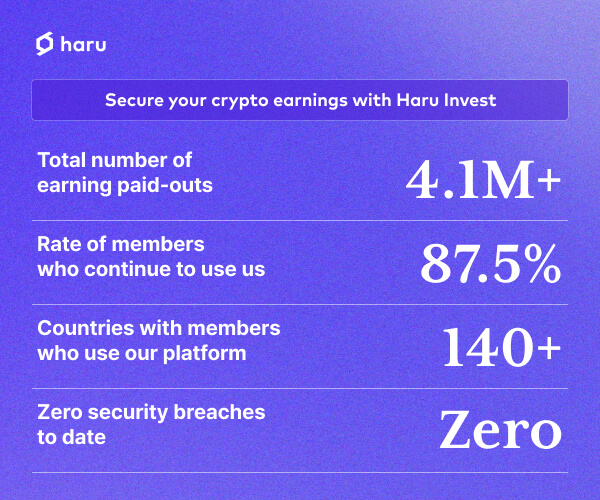Coinbase CEO Brian Armstrong calls for regulation of crypto industry


Coinbase CEO Brian Armstrong It was published Dec. 20 blueprint on regulating centralized actors in the crypto space while protecting decentralized innovation.
Armstrong opined that it would be best for the industry to regulate centralized entities such as exchanges, stablecoin issuers and crypto custodians. He said:
“This is where consumers are at the highest risk of harm, and we can agree that most people should do it. It is an easy achievement to achieve.”
Armstrong on Stablecoin Issuer
Armstrong added that there is already momentum to regulate stablecoin issuers and he hopes to see that happen in the first half of 2023. According to him, the issuer of a stablecoin does not have to be a bank.
He recommended that stablecoin issuers register as state trusts or OCC national trust charters. He added that these issuers must meet rigorous annual audits, reasonable board control and governance, blacklisting capabilities to meet sanctions requirements, and basic cybersecurity standards. I was.
How centralized exchanges and custodians should be regulated
Regarding centralized exchanges and custodians, Armstrong noted that regulation of these entities should focus on implementing robust know your customer (KYC) and anti-money laundering (AML) policies and procedures. Did.
Apart from that, their regulation should create a federal licensing regime where one license is sufficient to operate in one country. Includes standards to protect client assets and prohibition of market manipulation.
Armstrong on Classification of Crypto Assets
Coinbase’s CEO also gave his thoughts on how regulators such as the SEC and CFTC can determine whether an asset is a security or a commodity. He proposed a “cryptocurrency modern Hawi test” to determine whether an asset should be considered a security.
U.S. financial regulators have faced criticism from cryptocurrency stakeholders for failing to provide regulatory clarity on token classification. The CFTC recently declared that Bitcoin (BTC), Ethereum (ETH), and Tether (USDT) can be classified as commodities.
“Congress also instructed the CFTC and SEC to clearly publish the classification of the top 100 crypto-assets by market capitalization within 90 days of the enactment of the above legislation, stating that each asset was classified as a commodity, security, or “other”. “(e.g. stablecoin)”
Armstrong, meanwhile, believes the U.S. Congress should pass legislation that better guides industry players.
Domestic and foreign players should be regulated equally
Furthermore, he stressed the need to apply a level playing field to both local and foreign firms in the industry. must be observed.
Citing the collapse of FTX as an example, Armstrong said there is no such level playing field. Cryptocurrency companies will continue their practice of going to favorable jurisdictions abroad. This gives such entities an advantage over domestic companies that must comply with the regulations.
However, he argued that decentralized entities should not be regulated and allowed to innovate. There is an opportunity,” he added.




